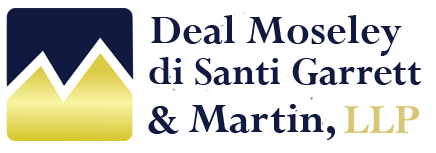Obtaining space for a business often means looking for a rental property. Retail shops, office spaces and even industrial facilities are often more accessible as rental options than as a purchase-based investment. Particularly when a business is new or expanding rapidly, renting is generally more cost-effective and less risky than directly purchasing real property.
However, commercial rentals are significantly different than residential rentals, and those making decisions for a business need to proceed with caution to protect their organization’s finances accordingly. Clarifying the terms of the lease, for example, is very important. The three issues below may require particular review and negotiation before a new tenant should sign a commercial lease.
The length of the lease
Most residential leases are short-term commitments. However, commercial leases usually last for far longer. The typical commercial lease will last for between three and five years, although two-year or even 10-year leases are sometimes an option. Depending on how new a company is or how much the executive believes it may grow in the upcoming years, negotiating the duration of the lease can be crucial to reducing financial risk.
Total monthly costs
Many commercial leases include significant fees beyond just the base rental rate. Landlords may assess fees for common areas and other services they provide. They may also pass the majority of their maintenance costs onto the tenants. Clarifying the total financial obligation each month and over the course of the lease will help people better establish whether or not they can reasonably meet those obligations with the company’s current revenue.
Maintenance responsibilities
It is surprisingly common for commercial leases to pass certain types of repair and maintenance responsibilities back to the tenants. Such terms may be deep in a lease, and tenants may not know their responsibilities unless they ask. Landlords may require that tenants not only cover the cost of repairs necessitated by damages during their tenancy but also regular maintenance, such as replacing or repairing the furnace when it fails. Discussing maintenance obligations at length with a landlord will be crucial, as the business might otherwise be at risk of ending up legally and financially responsible for repairs it cannot perform or afford.
Oftentimes, those considering a commercial lease benefit from having a legal professional guide them during their negotiations. Having the right support in place can make all the difference when it comes to growing or starting a new business in existing commercial space.


